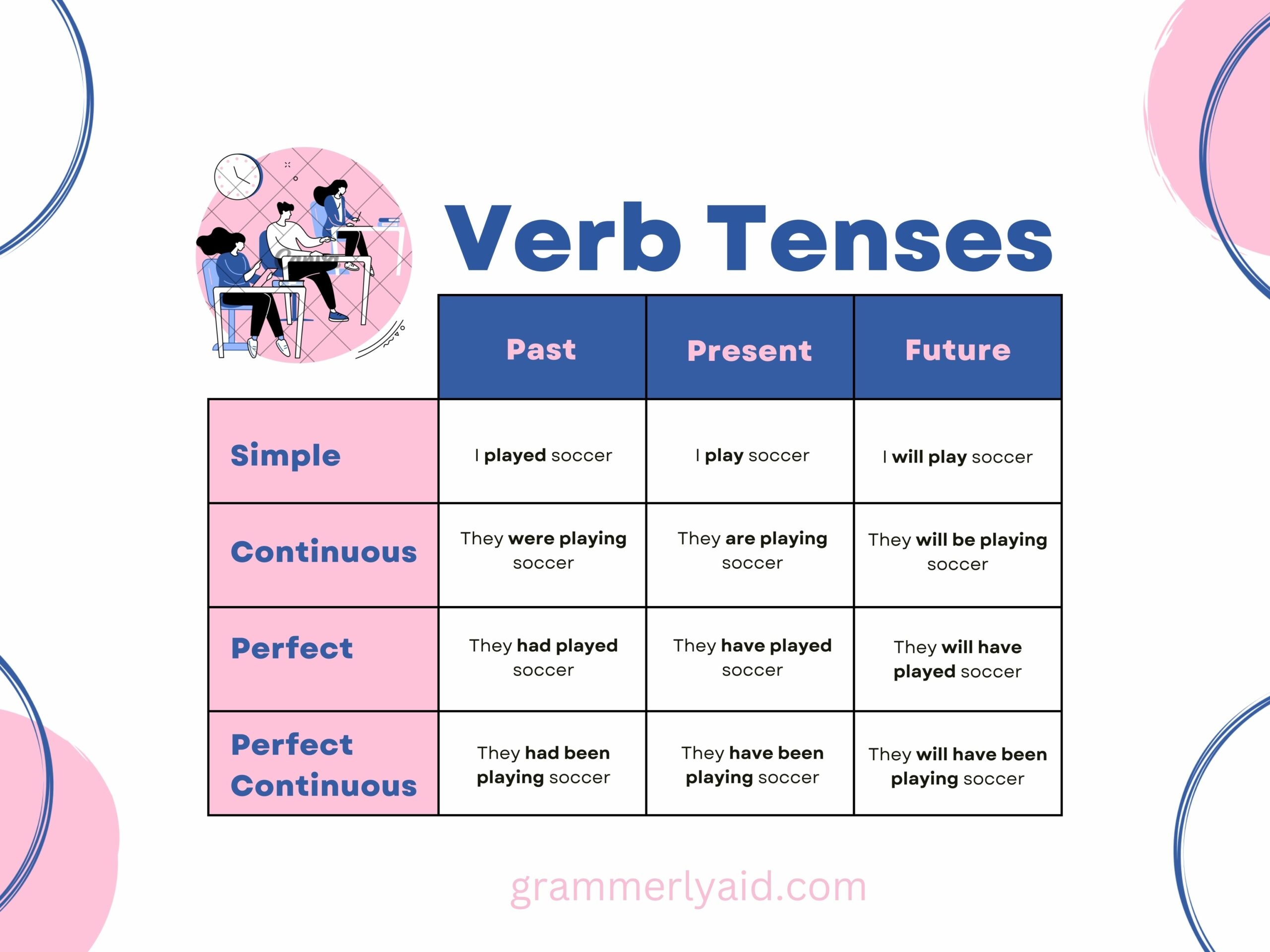Understanding tenses in English is essential for effective communication. Tenses help us convey when an action took place, whether it is happening now, has already happened, or will happen in the future. As a beginner, learning the basics of tenses will help you improve your English language skills and communicate more clearly.
English has 12 tenses, which can be divided into three main categories: Past, Present, and Future. Each tense has its own rules and uses in different situations. By mastering these tenses, you will be able to express yourself more accurately and confidently in English.
The Three Main Tenses in English
The Past tense is used to talk about actions that have already happened. It includes simple past, past continuous, past perfect, and past perfect continuous. For example, “I visited my friend yesterday” is a sentence in the simple past tense.
The Present tense is used to talk about actions that are happening now or regularly. It includes simple present, present continuous, present perfect, and present perfect continuous. For example, “She is reading a book” is a sentence in the present continuous tense.
The Future tense is used to talk about actions that will happen in the future. It includes simple future, future continuous, future perfect, and future perfect continuous. For example, “They will arrive tomorrow” is a sentence in the simple future tense.
Each tense also has different forms, such as affirmative, negative, and interrogative. By understanding these forms, you will be able to construct sentences correctly in English. Practice using tenses in different contexts to improve your proficiency and fluency in the language.
As you continue to learn and practice tenses in English, you will become more comfortable using them in everyday conversations, writing, and reading. Remember to pay attention to the time frame of the action and choose the correct tense accordingly. With dedication and practice, you will soon master the tenses in English and communicate effectively in any situation.
In conclusion, learning tenses in English is a fundamental step in improving your language skills. By understanding the past, present, and future tenses, you will be able to express yourself clearly and accurately. Practice regularly and seek feedback to enhance your understanding of tenses and become a confident English speaker.
